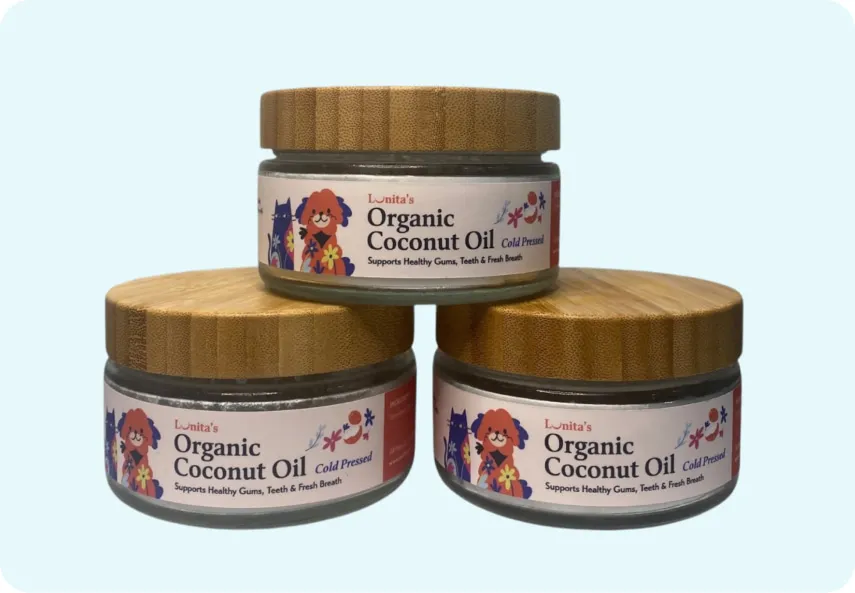Is your dog’s bad breath making cuddle time less enjoyable? You’re definitely not alone! Halitosis, or bad breath, is a common concern for many dog owners. While often caused by plaque and tartar buildup, it can sometimes indicate more serious underlying health issues. The good news is that with the right combination of home care, natural solutions, and regular veterinary dental checkups, you can freshen your dog’s breath and ensure their well-being.
Potential Causes of Bad Breath in Dogs
- Dental Disease: This is the most frequent culprit. Plaque accumulation harbors odor-causing bacteria.
- Underlying Health Conditions: Kidney or liver disease, diabetes, and even tumors can sometimes manifest as changes in breath odor.
- Foreign Objects: Splinters or other lodged objects in the mouth can lead to rapid odor development.
- Dietary Indiscretions: Scavenging, garbage eating, or consuming inappropriate food can contribute to bad breath.
When to Consult Your Vet: If your dog’s breath smells fruity, like ammonia, or has a decaying odor, it’s important to consult your veterinarian. Also, seek veterinary advice if you observe lethargy, excessive drooling, or weight loss, as these symptoms may be linked to dental disease or other health problems.
Natural Solutions to Combat Doggy Breath
Daily teeth brushing at home, combined with professional veterinary dental cleanings twice a year, is the most effective strategy for preventing bad breath caused by bacterial buildup.
However, some dogs resist traditional toothbrushing. If your dog dislikes having their teeth brushed, here are some natural ways to help keep their breath fresh and teeth clean between professional cleanings!
Natural Remedies for Refreshing Your Dog’s Breath
 Dog enjoying a healthy carrot snack
Dog enjoying a healthy carrot snack
1. Share Healthy Snacks: Carrot Sticks & Apple Slices
- The crunchy texture of carrots and apples helps to naturally scrape away plaque buildup on your dog’s teeth and gums.
- Freezing these treats for a few minutes creates a soothing option for teething puppies.
 Coconut Oil for dog dental care
Coconut Oil for dog dental care
2. Add Coconut Oil to Their Diet
- The antiviral, antifungal, and antibacterial properties of coconut oil make it a potent breath freshener for dogs. You can add a small amount to their food or use it as a toothpaste.
- Bonus! Coconut oil can also enhance your dog’s coat, making it shinier.
3. Sprinkle Fresh Mint on Their Food
- Fresh mint contains chlorophyll, which possesses natural healing properties. Additionally, mint is rich in Vitamins A and C, supporting healthy bones, skin, and vision.
- Mint can also promote healthy digestion in both pets and humans.
4. Add Apple Cider Vinegar to Their Water Bowl
- Apple cider vinegar contains malic and acetic acids, which help to kill bacteria in the mouth. Use up to one teaspoon.
- It’s a natural source of calcium, potassium, and magnesium – essential minerals for overall health.
 Dog with a chew toy
Dog with a chew toy
5. Choose Dental Chew Toys & Treats
- Select chew toys and treats specifically designed to clean teeth and freshen breath.
- These treats often contain ingredients that help to deodorize the mouth.
6. Incorporate Yogurt or Probiotics
- Some studies suggest that the beneficial bacteria found in yogurt and probiotic supplements can combat bad breath by eliminating odor-causing bacteria in the mouth.
- These good bacteria can also aid in digestive and other health issues.
 Happy Dog
Happy Dog
Establish a Routine for Fresh Dog Breath
While these home remedies can help manage bad breath, they are most effective as part of a comprehensive oral hygiene routine. Regular at-home brushing and professional veterinary dental cleanings are essential for maintaining a healthy and fresh mouth. If you’re having difficulty brushing your dog’s teeth, seek guidance from your veterinarian or a professional groomer for tips and techniques.
By incorporating these natural remedies and establishing a consistent oral care routine, you can eliminate bad dog breath and enjoy cuddle time with your canine companion once again!
